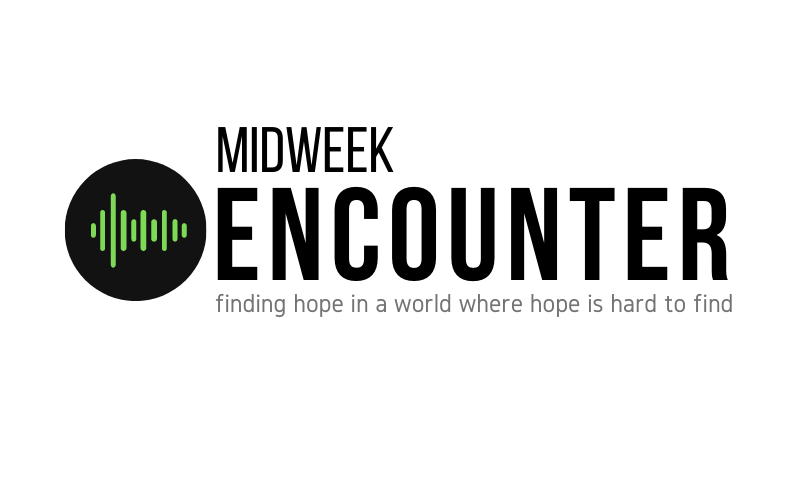



 "There are no hopeless situations; there are only people who have grown hopeless about them." —Clare Boothe LuceI heard about an interesting scientific experiment that was conducted a while back. A group of behavioral scientists put some wharf rats in a tank of water, and observed them to see how long they would survive before drowning.
"There are no hopeless situations; there are only people who have grown hopeless about them." —Clare Boothe LuceI heard about an interesting scientific experiment that was conducted a while back. A group of behavioral scientists put some wharf rats in a tank of water, and observed them to see how long they would survive before drowning. 1. Jephthah’s birth presented overwhelming opposition and obstacles.
1. Jephthah’s birth presented overwhelming opposition and obstacles. 2. Jephthah pursued a new life and opportunity.
2. Jephthah pursued a new life and opportunity. 3. Jephthah partnered with God to overcome his past.
3. Jephthah partnered with God to overcome his past.